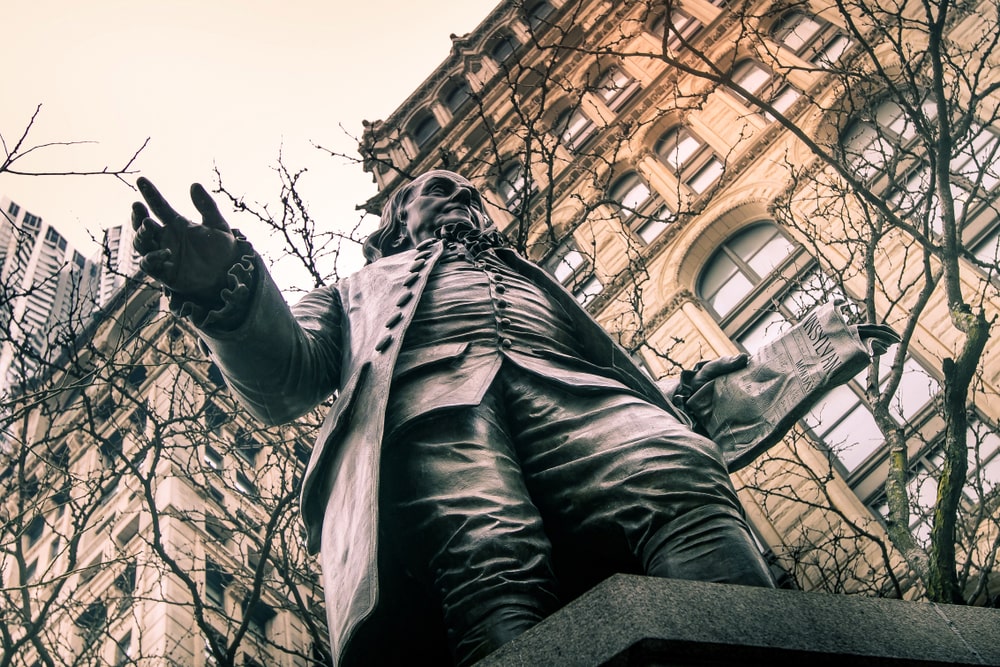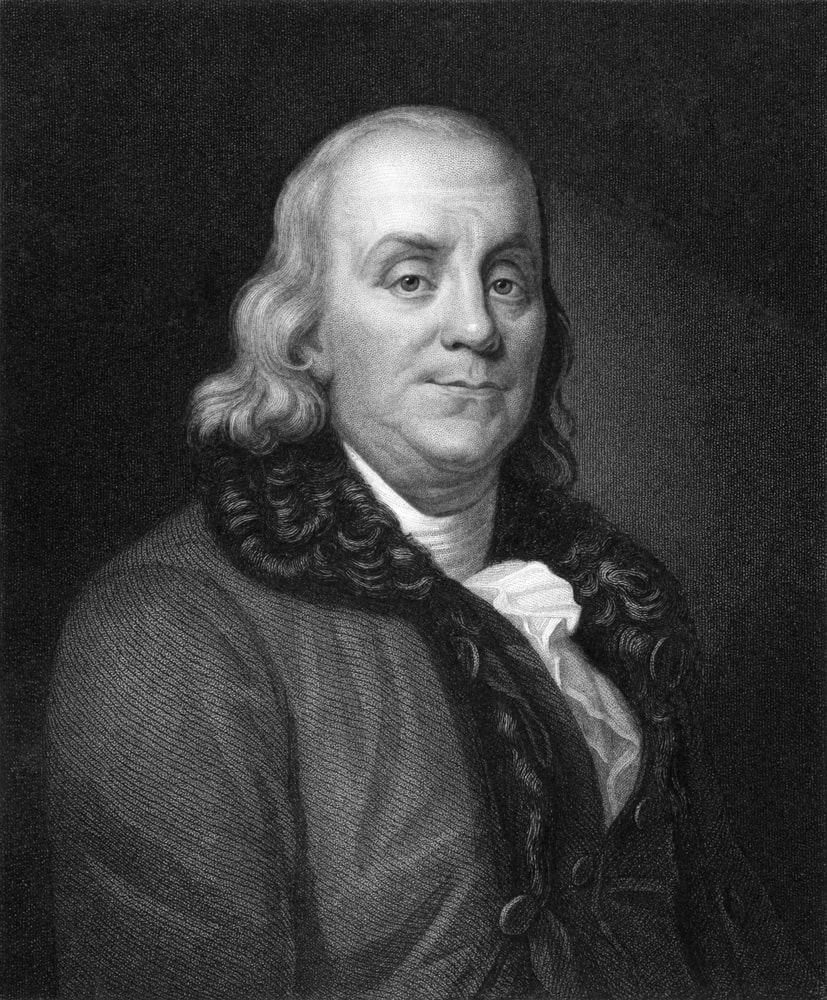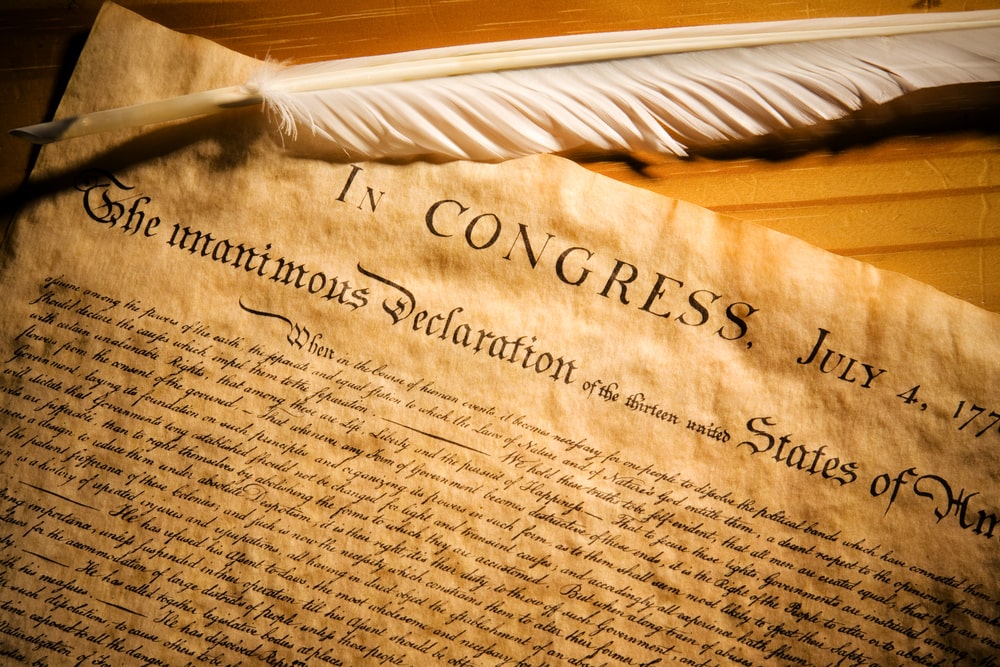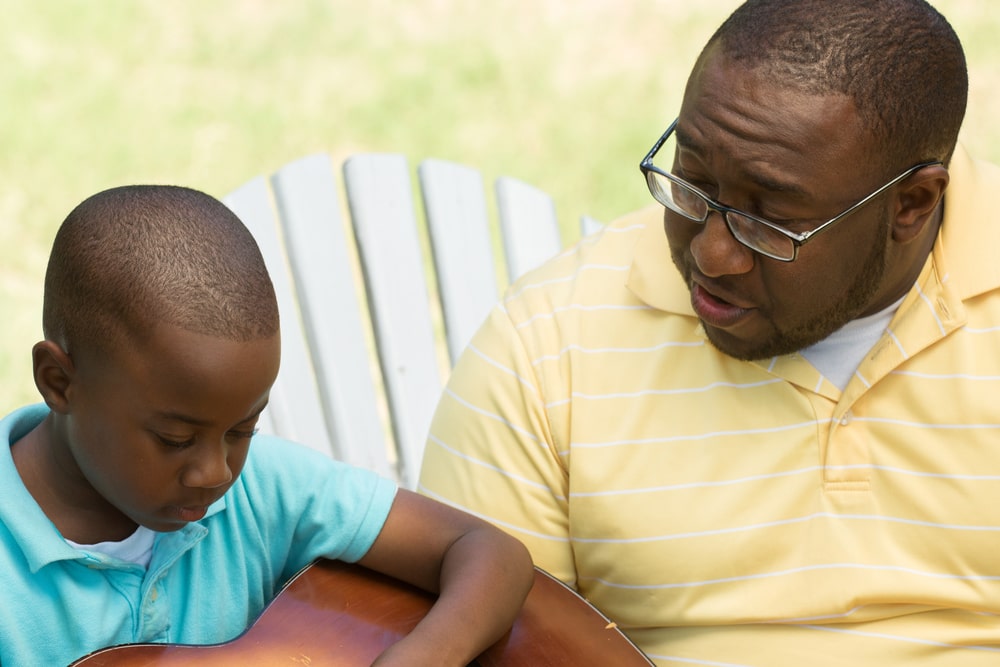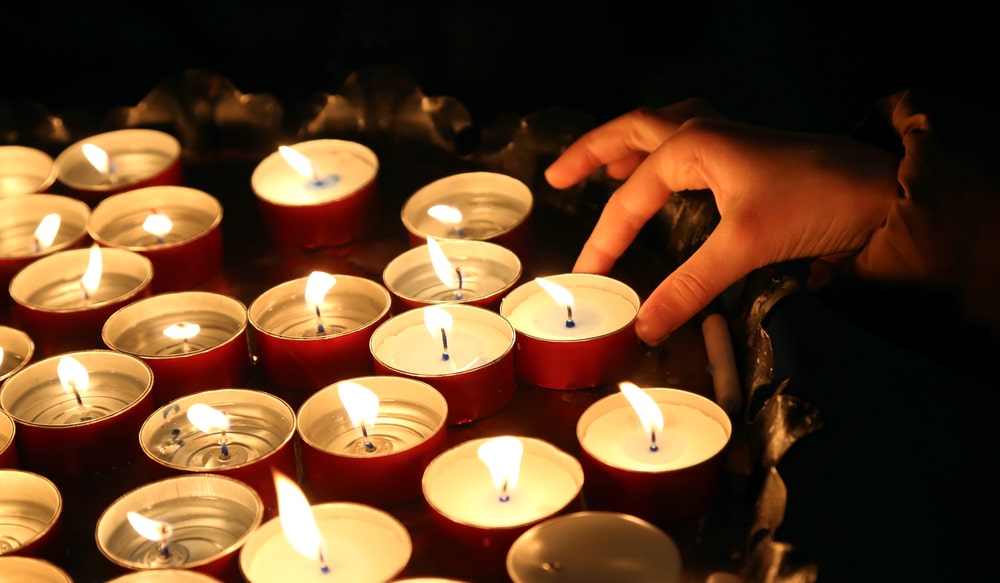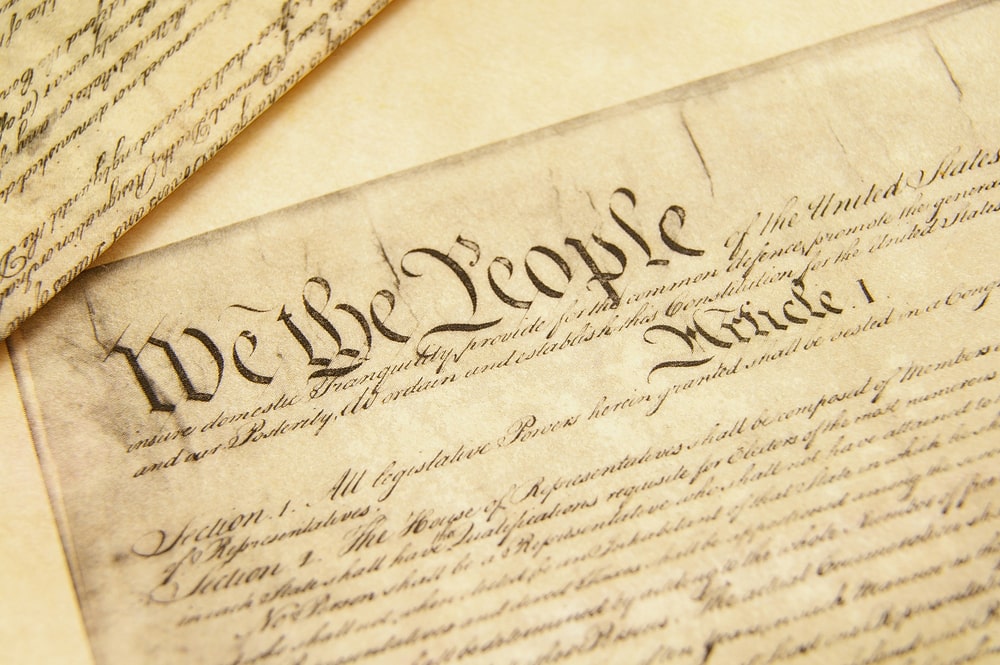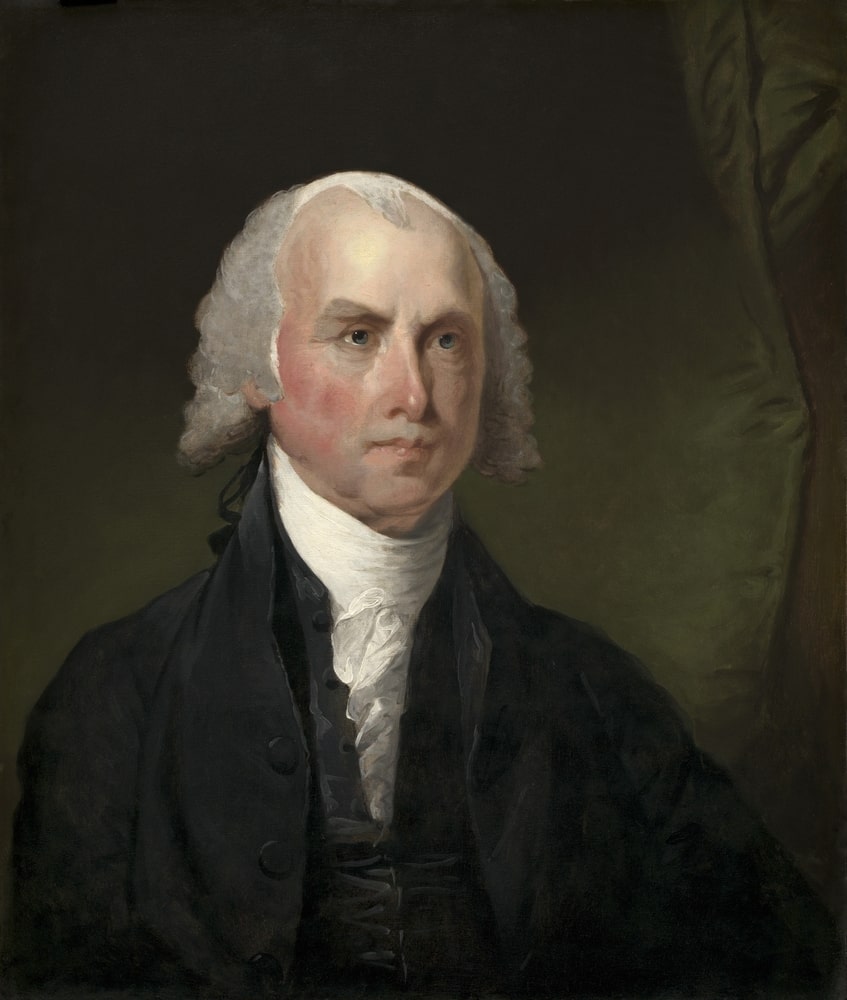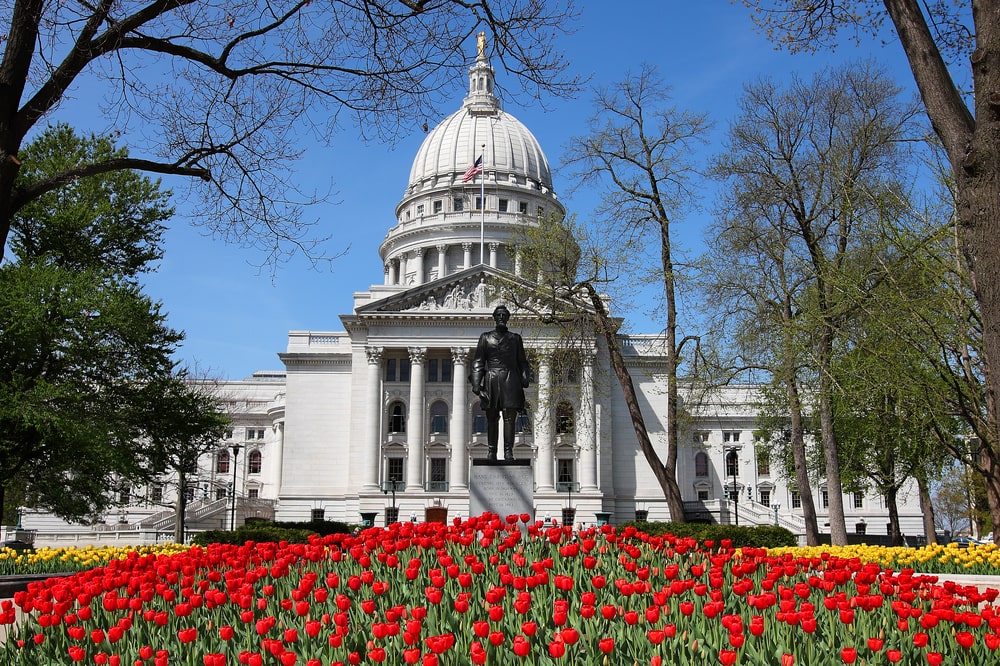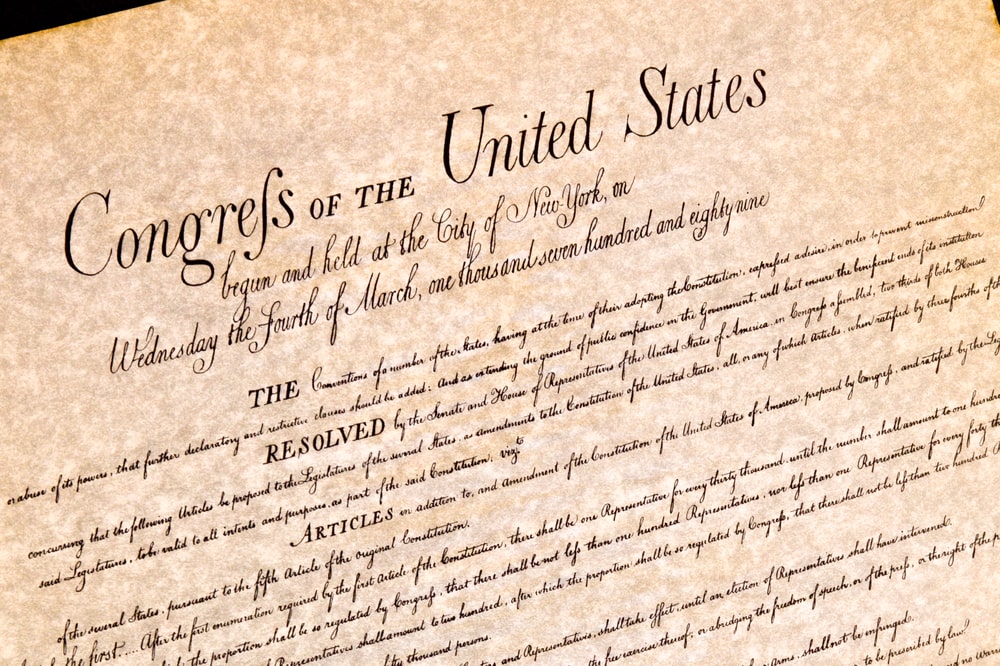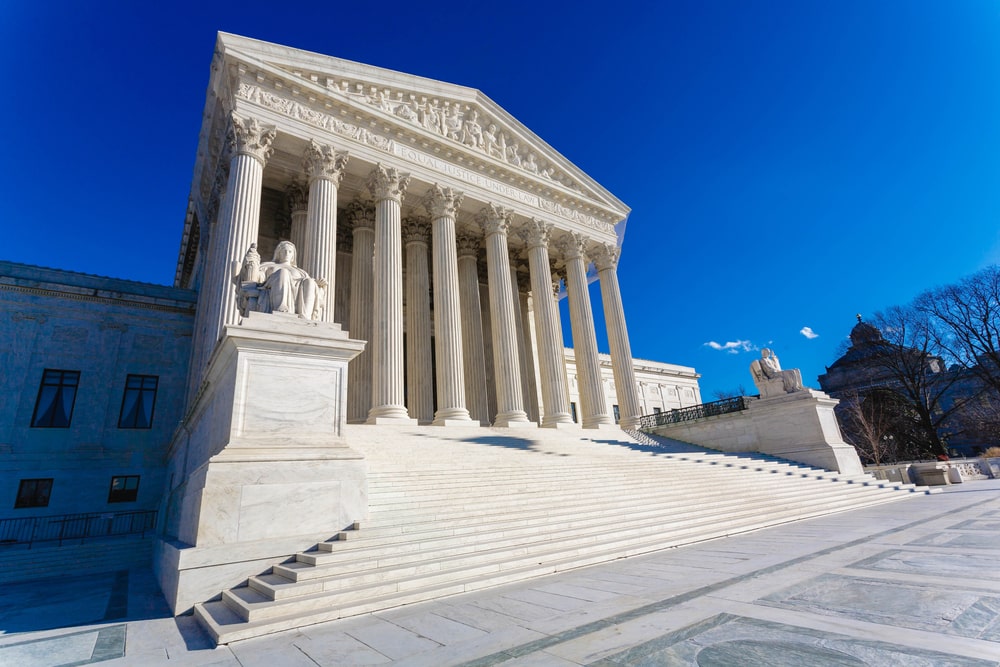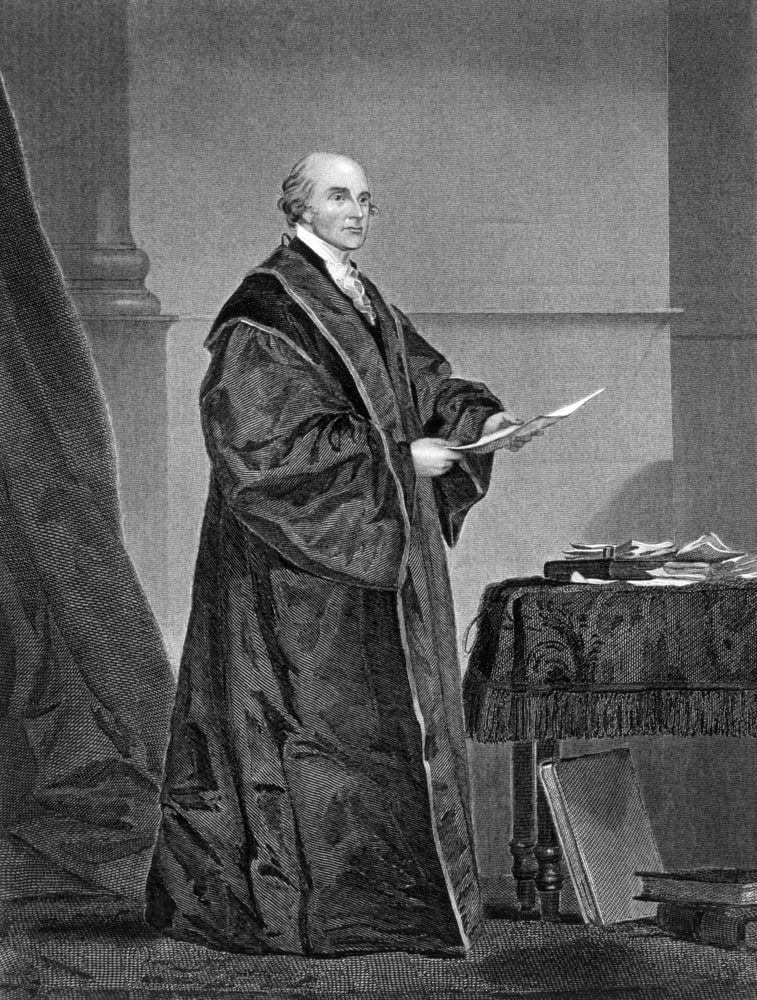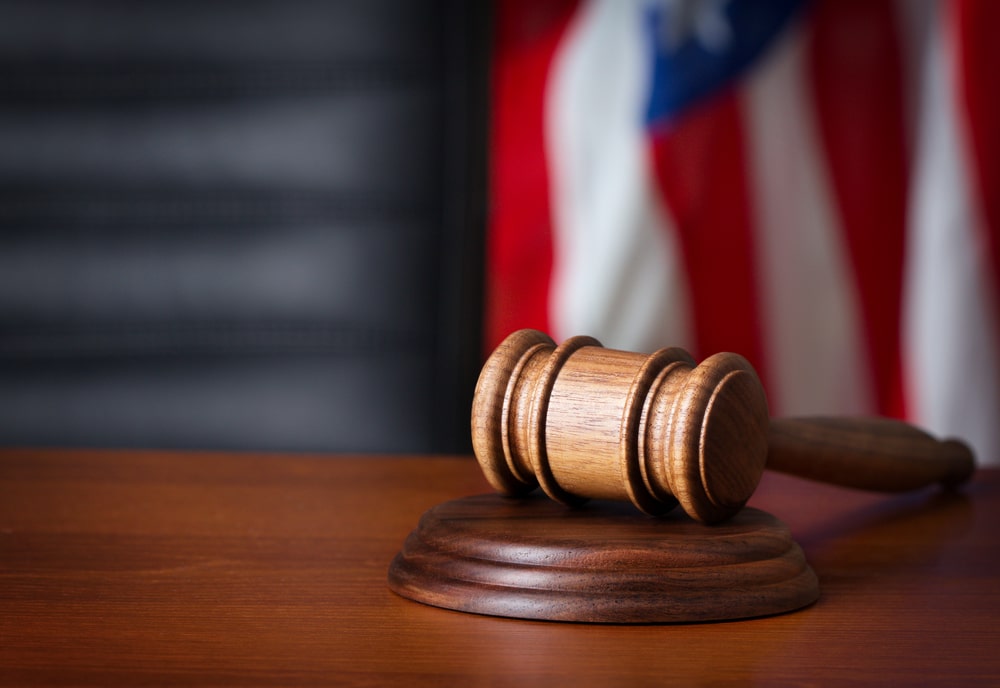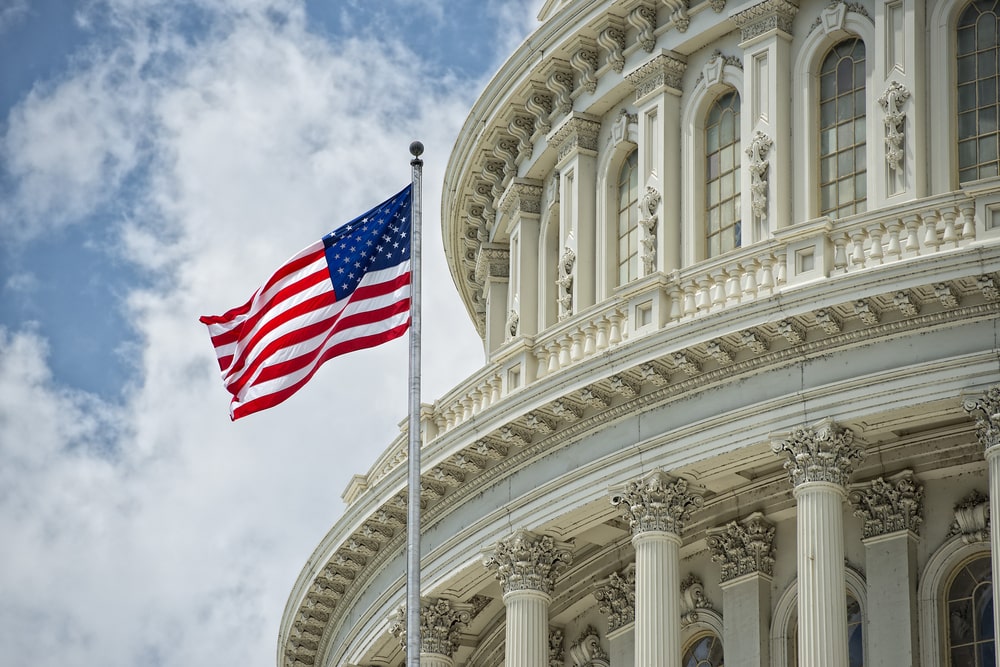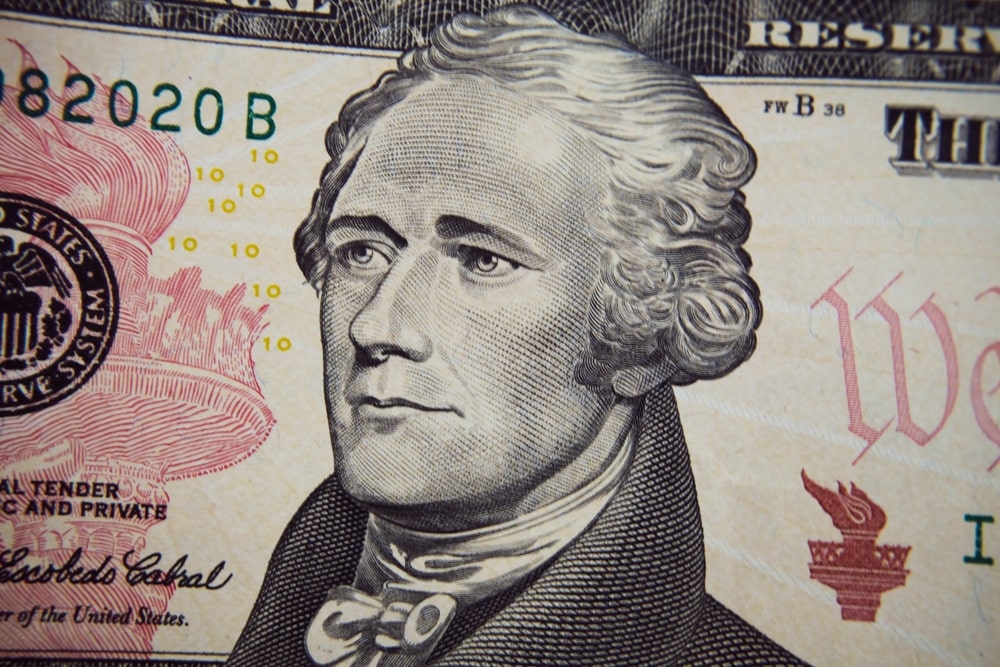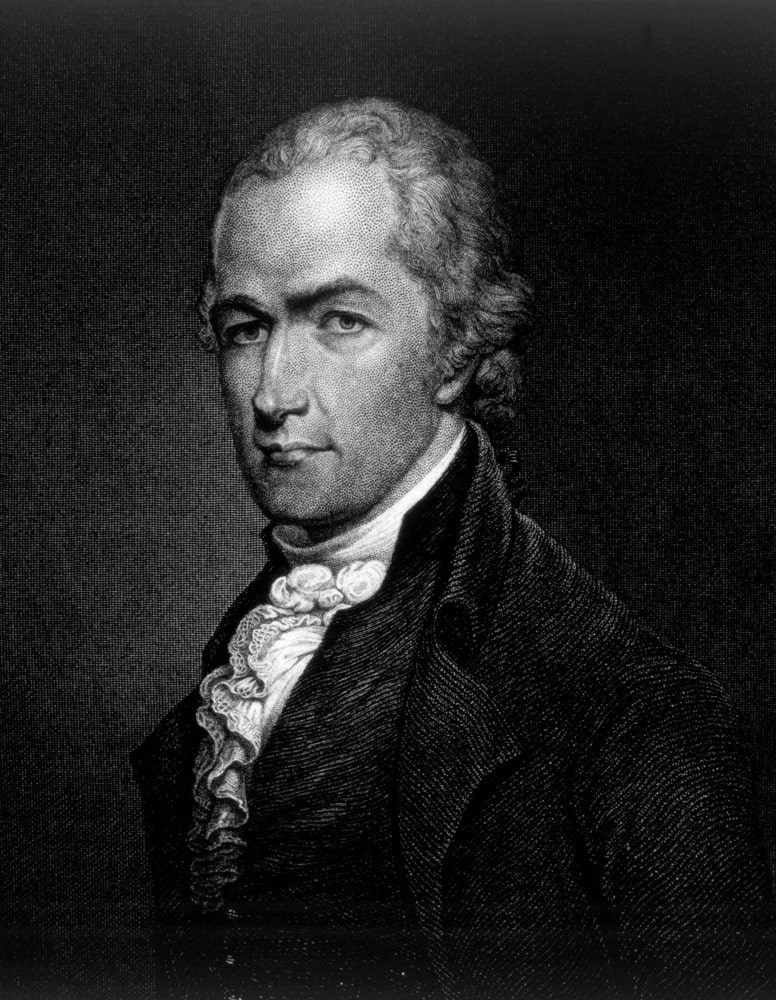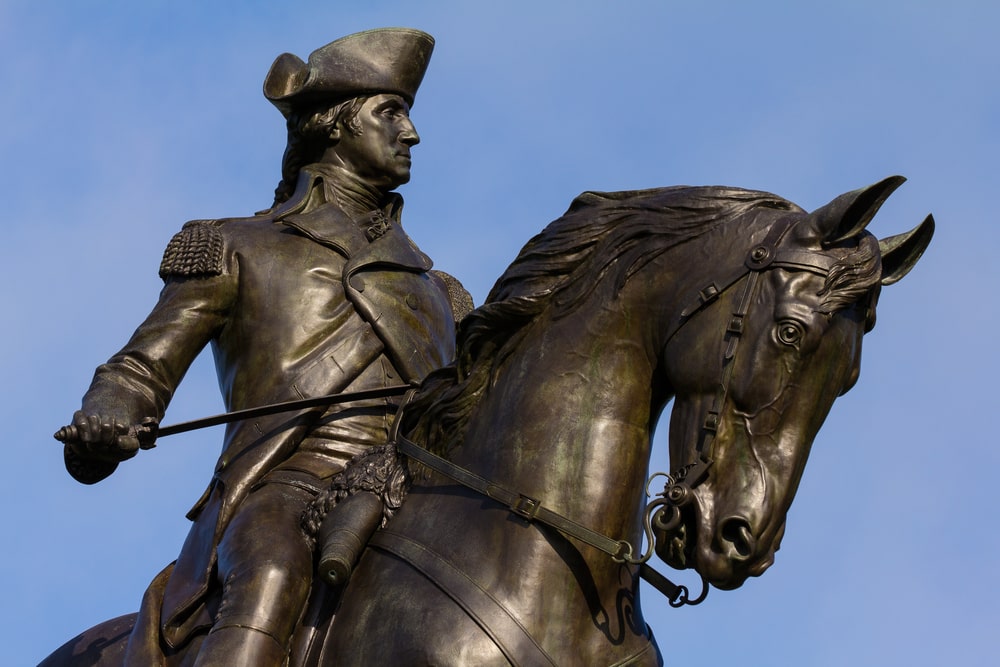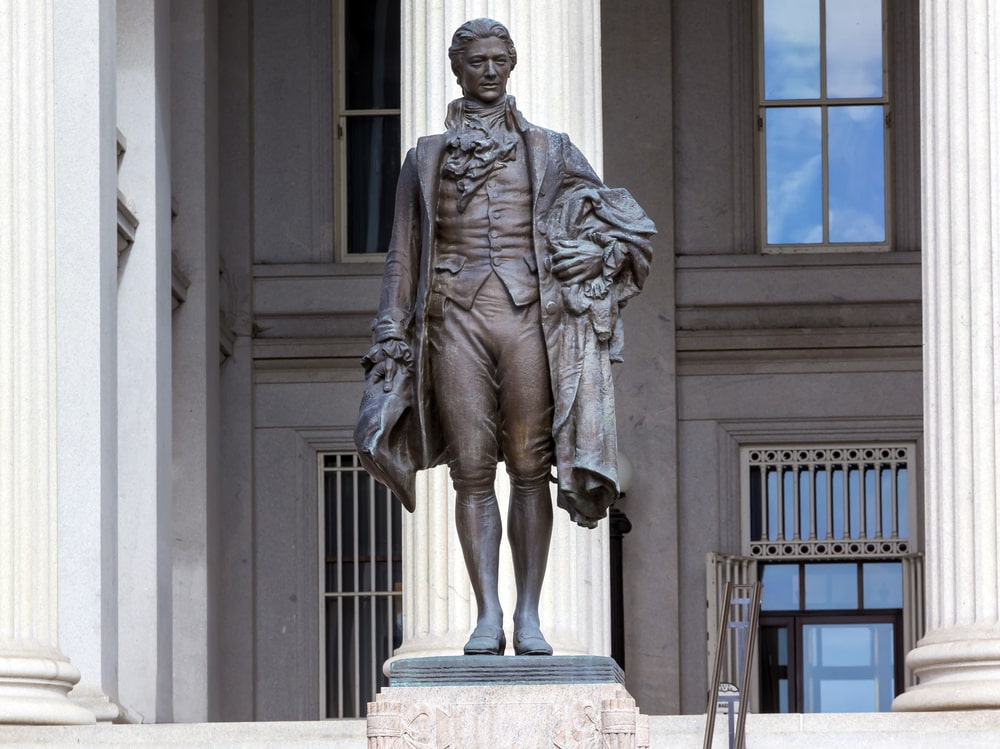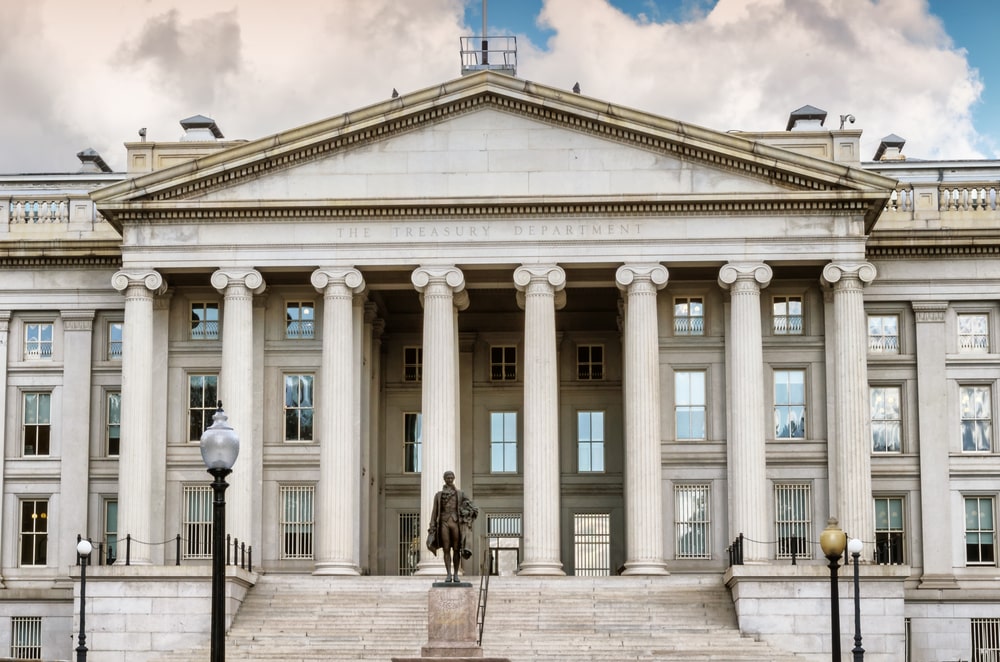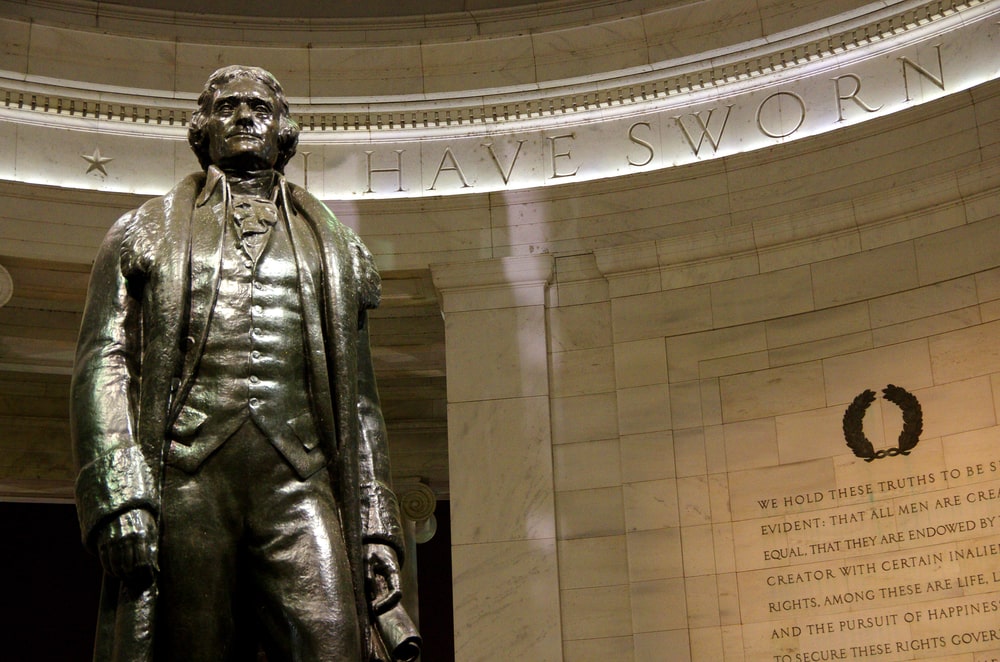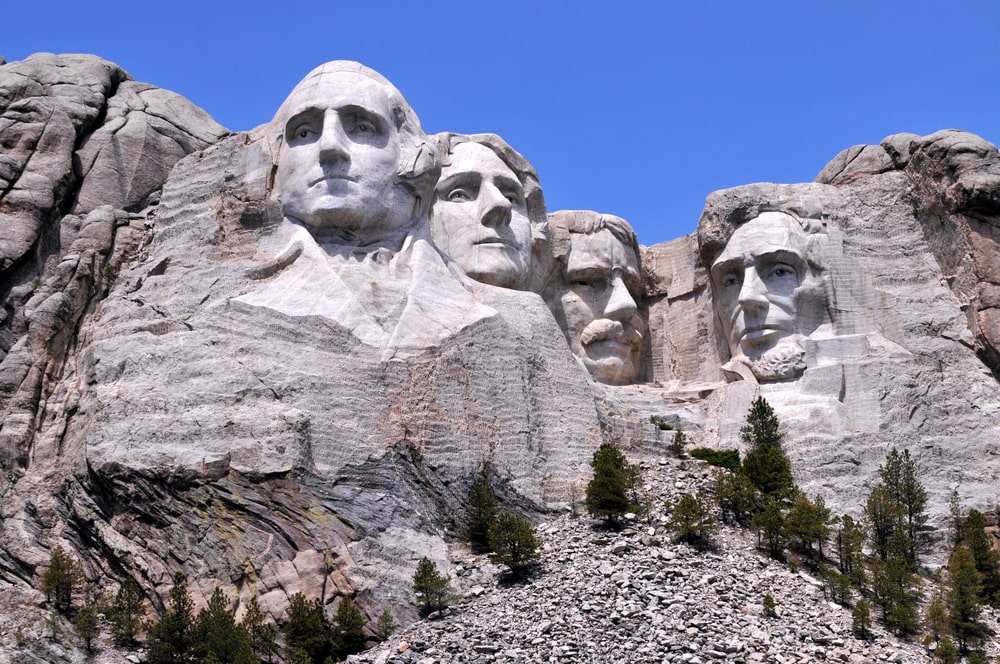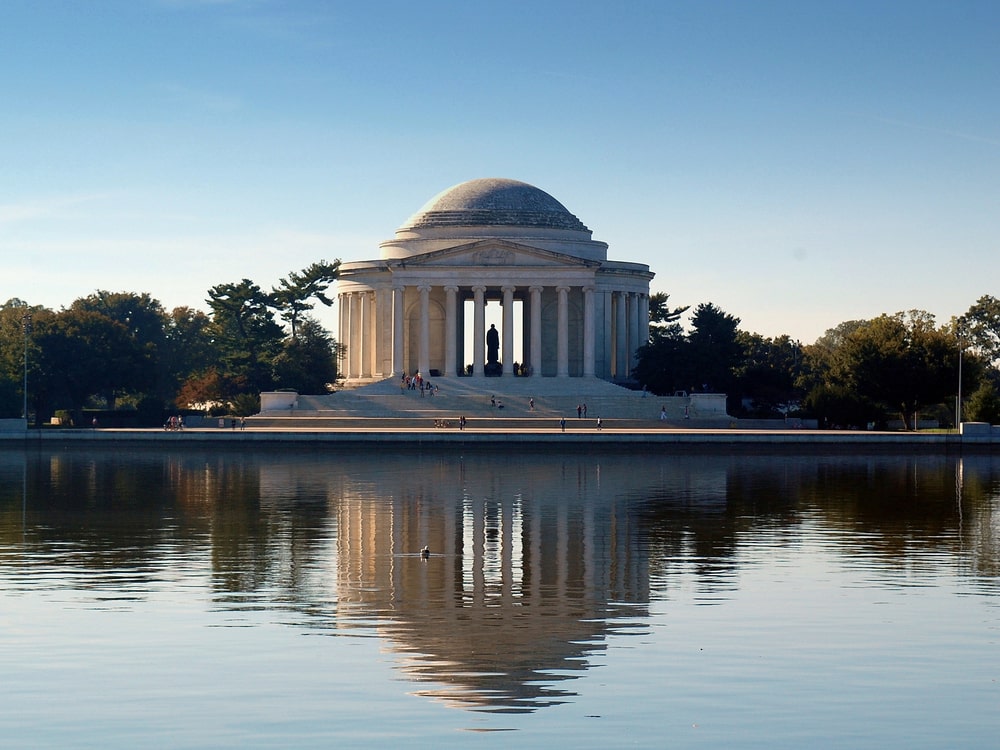
Sometimes – perhaps most of the time – we just don’t know what to say to our friends, family, children, or coworkers who are grieving. We want to offer words of comfort, encouragement, and love. But there are some things we just shouldn’t say. Our hearts may be in the right place, but people cannot see our hearts. They cannot decipher our good intentions. They can only interpret what they hear and what they see: our words and our body language.

In 6 Things You Should Never Say to a Grieving Person, we talked about the power of words. Our words have the ability to hurt or to heal. They are a powerful tool. We can use our words for building up or tearing down. We all know this is true. So, let’s use our words wisely, kindly, and for the encouragement and building up of those around us. Below is a list of a few more phrases that should be banished from our conversations with people who are grieving.
6 MORE Things You Should Never Say to a Grieving Person
“How’s your family holding up?”
While this question is not innately bad, take the time to ask about your friend or loved one first. Ask “How are you?” and then ask about family members. By asking about family first, you indicate that the family’s feelings are more important than the individual’s feelings. Dr. Alan Wolfelt, a respected grief author, educator, and counselor, offers this advice: “Keep in mind that your friend’s grief is unique. The death of someone loved is a shattering experience. As a result of this death, your friend’s life is under reconstruction.” Take time to ask your friend about their family, but first, be intentional about asking how they are doing in their own individual grief journey.
“Your loved one wouldn’t want you to be sad.”
You may be trying to lighten the mood and add a little levity, but in actuality, this comment trivializes the grief felt by the bereaved. You are telling them that their grief is a bit silly, and their loved one would say the same thing. Instead, allow people to grieve. Dr. Wolfelt encourages us to “Allow your friend to experience all the hurt, sorrow and pain that he or she is feeling at the time. Enter into your friend’s feelings, but never try to take them away.”
Give them the freedom to express whatever emotions are present. A grieving person needs a safe space to release and process through their emotions. Rather than tell them how they should feel, allow them space to express their true feelings and support them as they begin the healing process. Instead, you might say “There’s no need to apologize. It’s OK to be sad. I know you miss him/her very much.”

“It was his/her time to go.”
This is similar to saying, “He’s/She’s in a better place.” When a person is grieving, it doesn’t matter that it was their loved one’s “time.” While the death of a grandparent or even a parent feels more in the natural order of things, some people are grieving a loss that feels unnatural, like that of a sibling, a child, or a friend. The fact that it was “their time” doesn’t offer the comfort and compassion that your grieving friend needs.
Always remember, grief is made up of many complex and often conflicting emotions. Offering clichés to a grieving person is like trying to put a bandaid on a gaping wound. They just don’t work. Dr. Wolfelt puts it this way, “Words, particularly clichés, can be extremely painful for a grieving friend. Clichés are trite comments often intended to diminish the loss by providing simple solutions to difficult realities.” Your intentions may be good, but coping with a loss, even when the loss is expected, is still a complicated process. The best thing to say is “I’m so sorry about your loss. He/she was such a special person.”
“How did he/she die?”
The only reason to ask this question is to satisfy your own curiosity. And in the end, the question will only make you seem nosy. Instead, focus on your grieving friend’s feelings. They need to hear you say, “I’m so sorry for your loss” or “My heart hurts for you.” For some, talking about the details of a death won’t be difficult, but for others, it will be excruciating. It’s best to wait until they decide on their own to share.
Dr. Wolfelt offers this advice from his years of experience: “Helping begins with your ability to be an active listener. Don’t worry so much about what you will say. Just concentrate on listening to the words that are being shared with you. Your friend may relate the same story about the death over and over again. Listen attentively each time. Realize this repetition is part of your friend’s healing process. Simply listen and understand.”

“You have to be strong for (insert person’s name).”
It is a common misconception that it’s best to move away from our grief rather than to move toward it, but strong-arming your way through grief isn’t very effective. In fact, “being strong” often causes people to push their feelings away and compartmentalize what they feel. Suppressing our emotions is never healthy and can lead to anxiety, tension, and emotional distance from the very person you want to connect with at a difficult time. Perhaps you are a parent, and you feel that you need to “be strong” during a time of loss for your child. So, you put on a happy face and mostly pretend that nothing’s wrong, even though you are broken on the inside.
The problem is, when children see that your words contradict your actions, behavior, and facial expressions, they instinctively learn that “being strong” is more important than “being real.” Instead, demonstrate to your children what healthy grieving looks like. Talk about what you are experiencing. Develop traditions that honor your loved one. Tell stories. Visit the graveside. Allow yourself to cry. All of these are great ways to model healthy grief over the loss of a loved one for a child.

Having walked with many families through the grief journey, Dr. Wolfelt shares this advice for talking with children about death: “Sometimes, adults don’t want to talk about the death, assuming that by doing so children will be spared some of the pain and sadness. However, the reality is very simple: children will grieve, anyway. Adults who are willing to talk openly about the death help children understand that grief is a natural feeling when someone loved had died. Children need adults to confirm that it’s all right to be sad and to cry, and that the hurt they feel now won’t last forever.”
We should not encourage people to “be strong” when that means ignoring what they feel. Certainly, we don’t want them to fall apart for weeks on end and forget all their responsibilities, but we should give them permission to grieve. Ultimately, the person you feel the need to “be strong” for doesn’t need you to shelter or protect them from your pain. They are going to have to learn to deal with pain; it’s part of life. Instead, they need someone to walk beside them as you both grieve.
“I’m sure it will be better soon.”
When someone is grieving deeply, this comment may be frustrating. The grieving person may be thinking that they can’t imagine ever feeling better again. Your presumption that they will be better “soon” can seem insensitive. They may even feel like you are judging their current emotional state. In his teachings, Dr. Wolfelt shares that grief is individual and can take a long time to process. He encourages: “Don’t force your own timetable for healing. Don’t criticize what you believe is inappropriate behavior. And while you should create opportunities for personal interaction, don’t force the situation if your grieving friend resists.”
The reality is that grief can be one of the darkest times in a person’s life. To a griever, telling them things will get better (and soon!) translates to, “I don’t understand the pain you are going through right now.” Instead, if your intention is to offer comfort, you can say, “I’m here for you for as long as you need me.” Or you can even offer to help alleviate some stress: “I know this is hard, and I’m here for you. Can I bring dinner to your house tomorrow night?”

All in all, the most important thing you can do is offer support to your grieving friend in the best way you know how. You may stumble a bit with the words, and that’s okay. But take the time to carefully consider your words and say what is most beneficial, even if you feel awkward. Your friend will appreciate your efforts to be sensitive, kind, and supportive in their time of grief and need.










